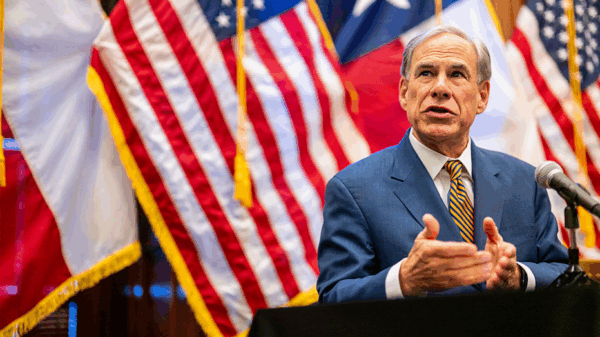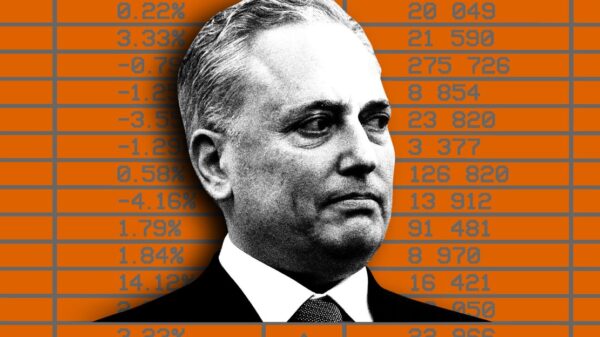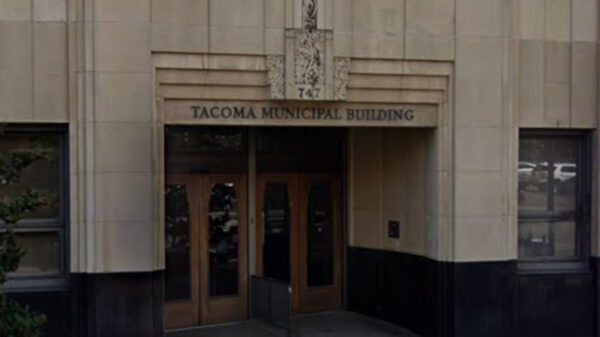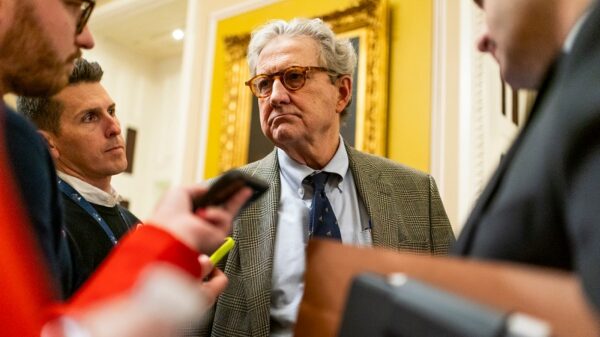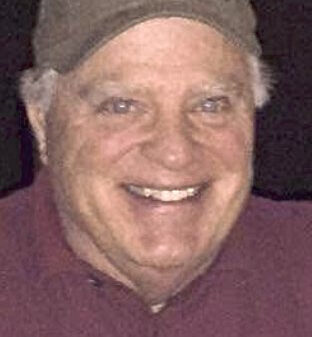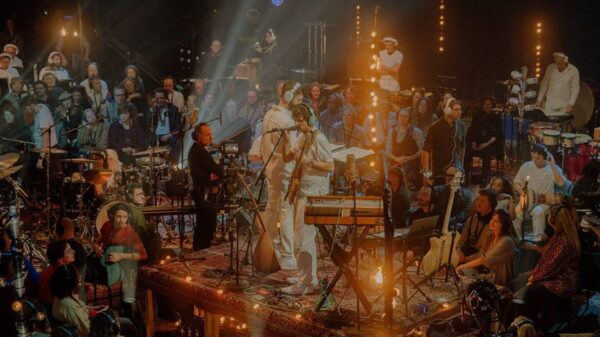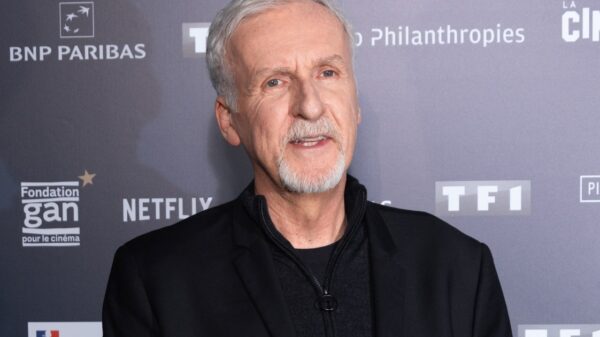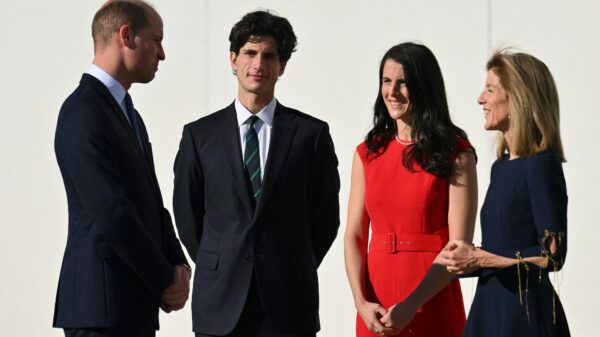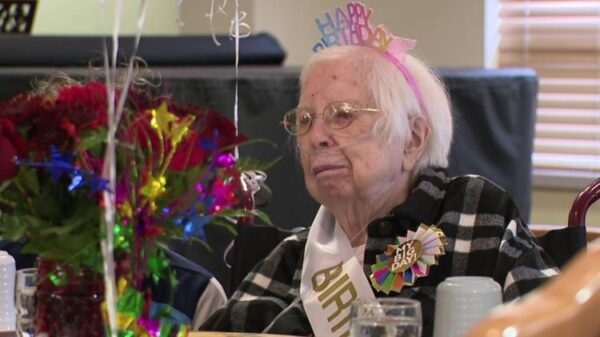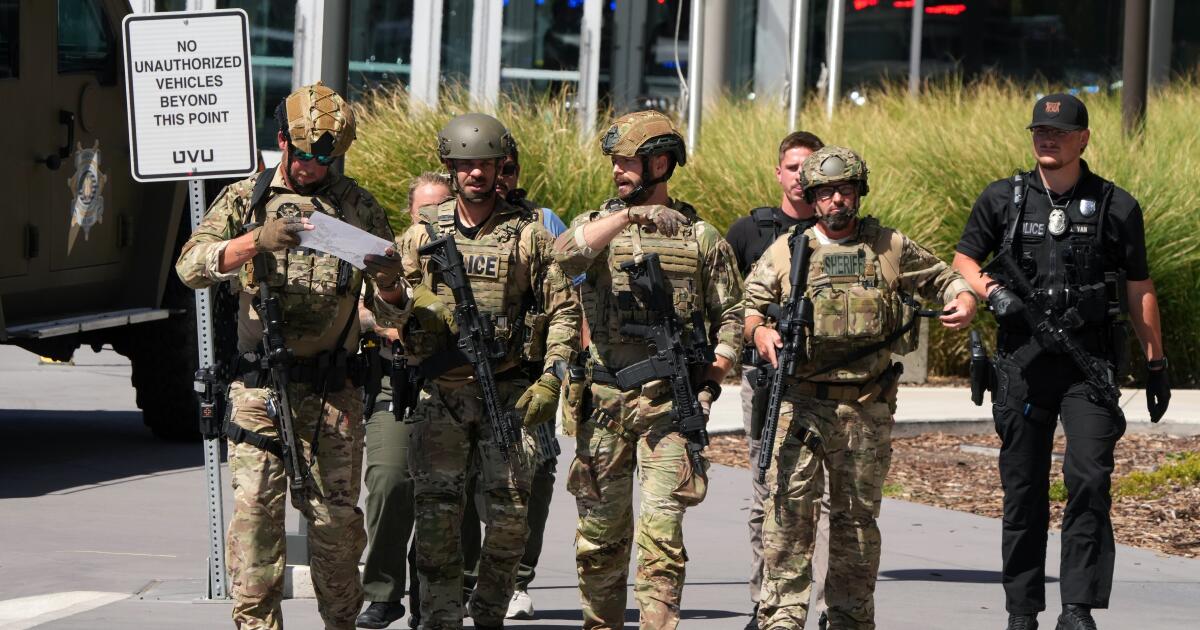UPDATE: In a powerful wave of public sentiment, readers across the nation are urgently calling for political compromise amid escalating polarization. This plea comes in response to a recent article by staff writer Kevin Rector, which highlighted the troubling parallels between today’s political climate and the violence of the late 1960s and early 1970s.
Just announced letters to the editor reveal a deep frustration with the current political discourse. As Jonathan Kaunitz from Santa Monica articulates, “The time is ripe for the youth of our country to de-demonize those whom they don’t understand and seek common ground.” His remarks underscore the emotional toll of divisive politics, urging a collective effort to heal the nation.
Readers point to the damaging effects of binary thinking in politics. Sheldon Kardener, also from Santa Monica, emphasizes the necessity of “analog thought” to navigate complex issues. He warns that our society risks falling into primitive, binary traps—“You are with us or against us”—which only exacerbate tensions. As he states, “If our civilization is to survive, we must engage in mature, analog thinking.”
The call for compromise extends to the highest levels of government. Lewis Rosenthal from Los Angeles insists that leaders, particularly President Trump, must encourage dialogue and understanding across the political spectrum. He believes that “a strong, sincere plea” from Trump could initiate a critical shift away from inflammatory rhetoric.
In a striking observation, Ken Artingstall from Glendale highlights the seeming hypocrisy of political discourse, questioning why echoes of past civil strife emerge only under certain administrations. His insights reveal a discontent with selective historical comparisons that fail to address the full scope of political discontent.
James Rodriguez from San Bernardino adds to the chorus, stating, “We need public square compromisers. Compromise is the best medicine for this country.” His urgent plea resonates with many who fear that without collaboration, the nation risks further division.
Criticism of media narratives surfaces as well, with Valerie Lezin from Los Angeles accusing columnists of cherry-picking facts to support their arguments. “Responsible columnists are supposed to offer opinions based on a totality of facts,” she insists, urging a more comprehensive approach to political violence discussions.
Carole Lutness from Valencia reflects on the past, recalling a time when politics and religion were deemed taboo subjects. She questions whether a return to that norm is necessary to navigate today’s polarization, expressing hope for a more engaged society that seeks understanding rather than avoidance.
This urgent discourse marks a critical moment in American society as citizens call for unity and compromise. With tensions running high, the future of political interactions depends on the willingness of leaders and citizens alike to embrace dialogue over division. What happens next will set the stage for the upcoming political landscape as voices across the spectrum echo the need for resolution.
Stay tuned for more updates on this developing story as we continue to monitor public sentiment and its potential impact on political dynamics.



